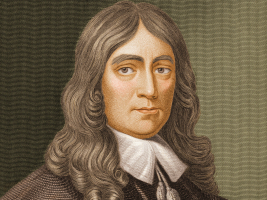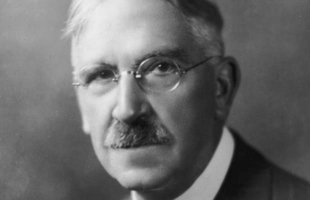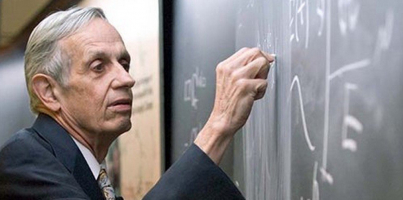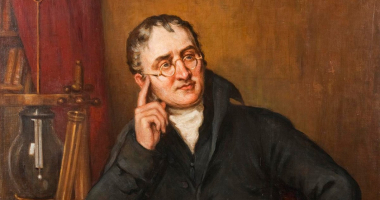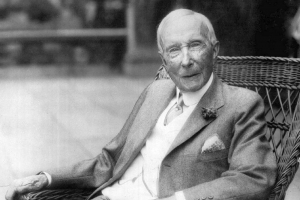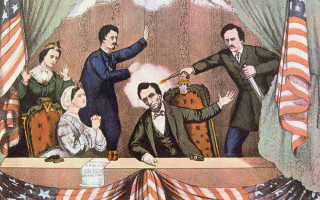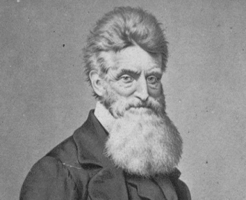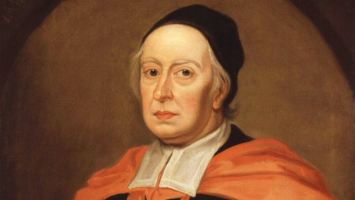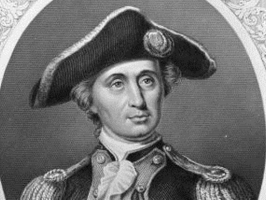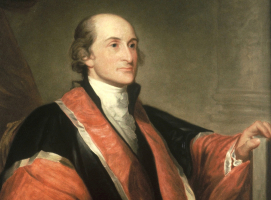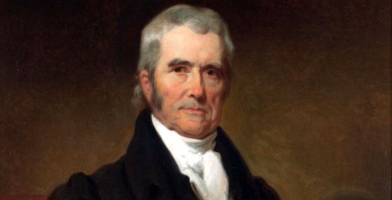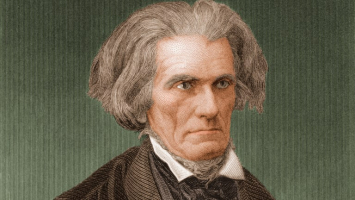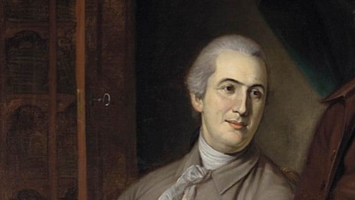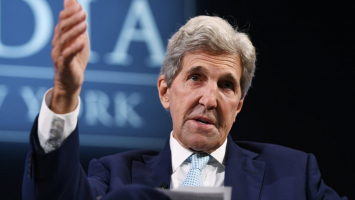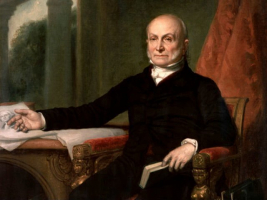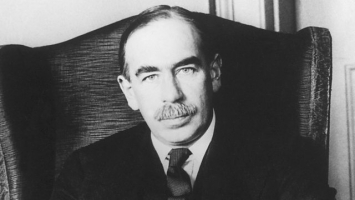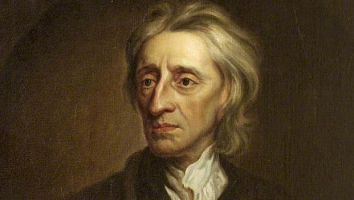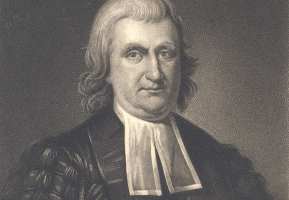Top 10 Interesting Facts about John F. Kennedy
From January 1961 until his murder on November 22, 1963, John F. Kennedy, also known as "JFK," was the 35th President of the United States. JFK, who was seen ... read more...as a representative of a younger generation of Americans, championed the US space program, which was the best in the world, helped the nation escape a recession, and he was a supporter of the American Civil Rights movement. He was admired worldwide for promoting peace and aiding less-developed nations. He also guided America through the Cuban Missile Crisis, ultimately preventing war. People are still interested in the man he was and continue to look for new information about his life even decades after a bullet claimed his life. Here are the ten most interesting facts about John F. Kennedy you should not miss!
-
One of the most interesting facts about John F. Kennedy is the wealth of his family. JFK was the second of Joseph Patrick "Joe" Kennedy and Rose Fitzgerald's nine children. When JFK was only 29, his older brother Joe Jr. passed away in World War Two. He also had two sisters: Eunice, who started Special Olympics, a sports organization for individuals with disabilities, and Margaret, who trained to be a nun.
Kennedy was raised in a family where the siblings were expected to engage in fierce physical and mental competition. The family, which had deep ties to the Democratic Party, produced three presidential candidates: John, his brothers Robert and Ted. The family played touch football in their Hyannis Port vacation home, where they learned the doctrine of the Roman Catholic Church and Democratic Party politics. These games ultimately became famous.
Joseph Patrick Kennedy, his father, amassed a multimillion-dollar fortune through banking, smuggling, shipbuilding, the movie business, and as a savvy stock market trader. John F. ("Honey Fitz") Fitzgerald, a former mayor of Boston, was the father of his mother, Rose. They created trust accounts for their kids to ensure their long-term financial security. After leading the Securities and Exchange Commission, Joseph Kennedy went on to become the American ambassador to the United Kingdom. John worked as his secretary for six months in 1938, and he drew on that knowledge to write his senior thesis on Great Britain's lack of military readiness for Harvard University (B.S., 1940). The best-selling book Why England Slept was the result of his development of that idea (1940).
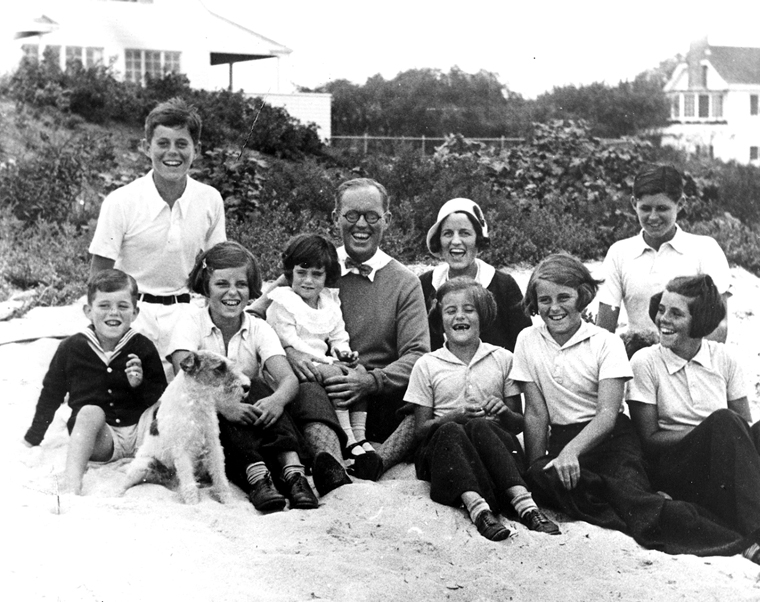
Photo: https://vi.wikipedia.org/ 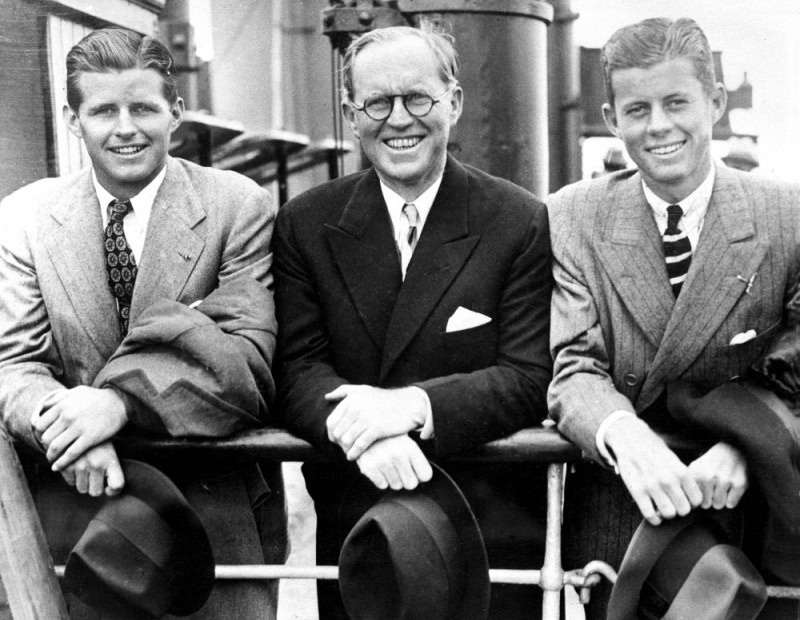
Photo: https://www.nps.gov/ -
John Kennedy had just avoided dying in battle. He suffered severe injuries when a Japanese warship sunk his patrol torpedo boat in the Solomon Islands. He guided his comrades back to safety when marooned far behind enemy lines, earning the U.S. Navy and Marine Corps Medal for bravery. He also requested his return to active leadership. (These events were subsequently portrayed in the Hollywood movie PT 109 [1963], which added to the Kennedy legend.) But the additional back problem, which had affected him since he was a teenager, never fully recovered.
He underwent surgeries in 1944, 1954, and 1955, but discomfort persisted for the majority of the rest of his life. He also had Addison disease, albeit it was kept a secret from the public. His brother Robert claimed that "at least half of the days he spent on this earth were days of extreme bodily anguish." (After he was elected president, Kennedy treated his pain with injections of amphetamines, which were at the time considered to be safe and were frequently used by celebrities for their stimulating effects. The first lady and Kennedy reportedly developed a strong dependency on these injections through weekly use.) None of this stopped Kennedy from pursuing a demanding career in politics. His family anticipated that he would run for office and succeed.
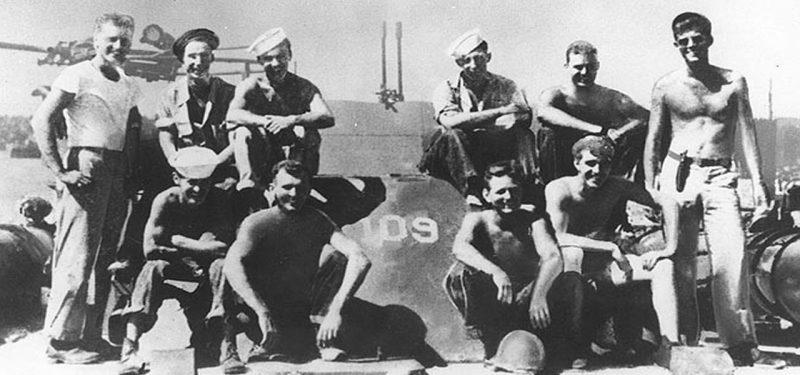
Photo: https://www.history.navy.mil/ 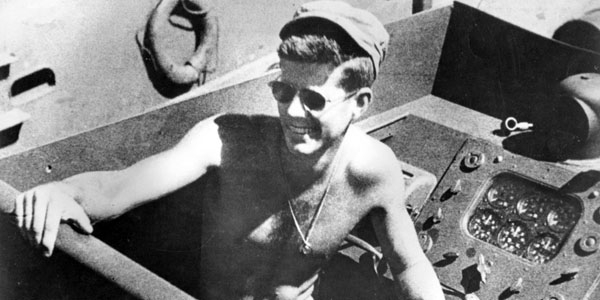
Photo: https://www.historynet.com/ -
The following of these interesting facts about John F. Kennedy is the controversy surrounding his marriage. During his marriage to Jackie Kennedy, JFK is known for having several affairs. JFK and Jackie were wed for ten years—until his death—even though he had an affair. His reported most well-known liaison was with actress Marilyn Monroe. He is also thought to have had relationships with Gene Tierney and Anita Ekberg, both of whom are actors.
JFK's marriage proposal was slow to be accepted by Jackie. Editor Jackie has had a lot of success. Because she was tasked with covering the coronation of Queen Elizabeth II in London for The Washington Times-Herald, she took some time to accept JFK's proposal. She thought it over and decided to accept. On September 12, 1953, in Newport, Rhode Island, JFK and Jackie were wed.
Four kids were born to him and Jackie Kennedy. The Kennedys also had two other kids besides Caroline and John Jr. Patrick Bouvier Kennedy was born five and a half weeks early on August 7, 1963, and in 1956 Jackie gave birth to a stillborn child they had planned to call Arabella. The infant, who was under five pounds, passed away from a lung condition two days later. In 1963, the two kids' remains were taken out of Massachusetts and interred with their father in Arlington National Cemetery.
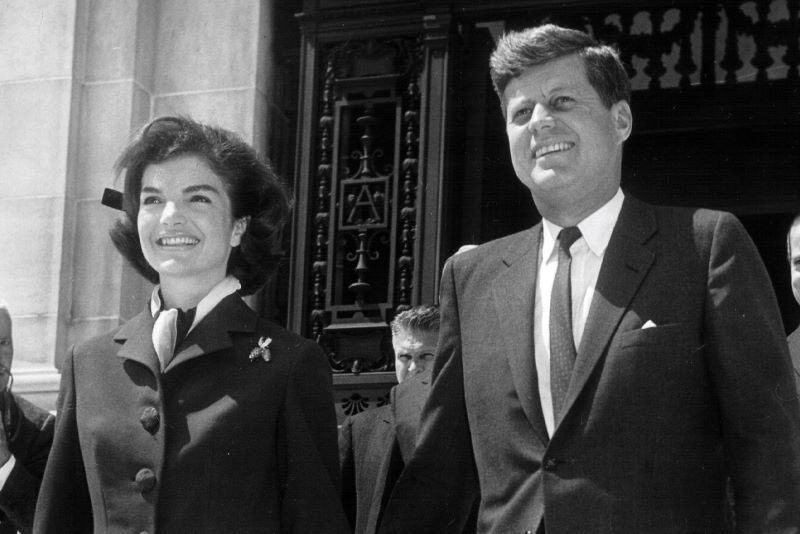
Photo: https://www.irishcentral.com/ 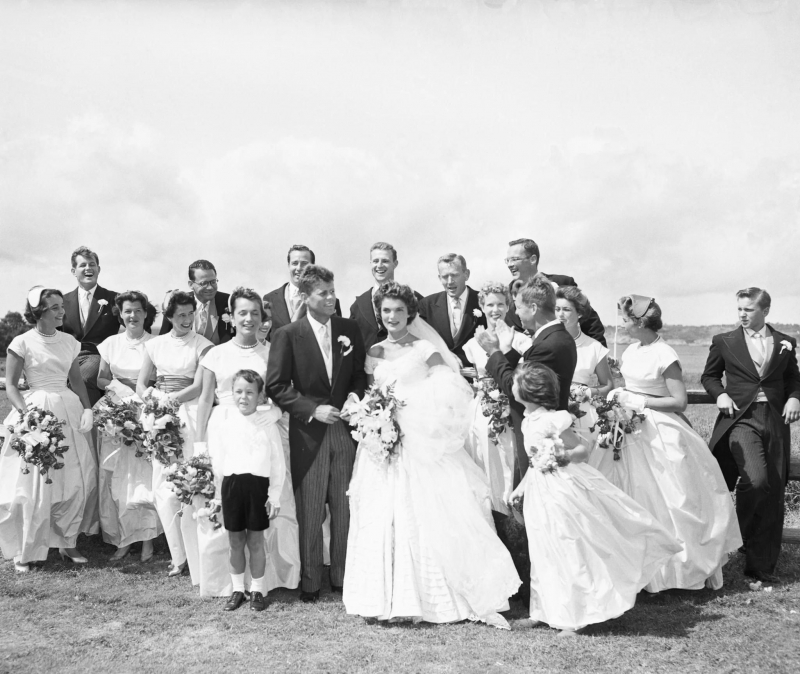
Photo: https://www.popsugar.com/ -
Two novels about World War Two were penned by JFK. At the age of 22, Kennedy published his first book, "Why England Slept," and in 1945, he worked for William Randolph Hearst's newspapers as a reporter for a few months, covering the United Nations convention in San Francisco and the aftermath of World War II in Europe.
John F. Kennedy, a senator from Massachusetts, received the Pulitzer Prize for Biography on May 6, 1957, for his book "Profiles in Courage." Kennedy gained national prominence thanks to the effort, which received high praise. One of the most important books ever written on political courage and the U.S. Senate, despite some controversy surrounding the book's authorship (some claim that Kennedy speechwriter Ted Sorensen wrote the book) and the accuracy of some of the characterizations (Blanche Ames*, the daughter of Governor Adelbert Ames, tried unsuccessfully to get a retraction on the negative description of her father).
Due to back surgery, Senator Kennedy spent the years 1954–1955, confined to bed. During this time, the research and planning for the book that would later win an award were completed.
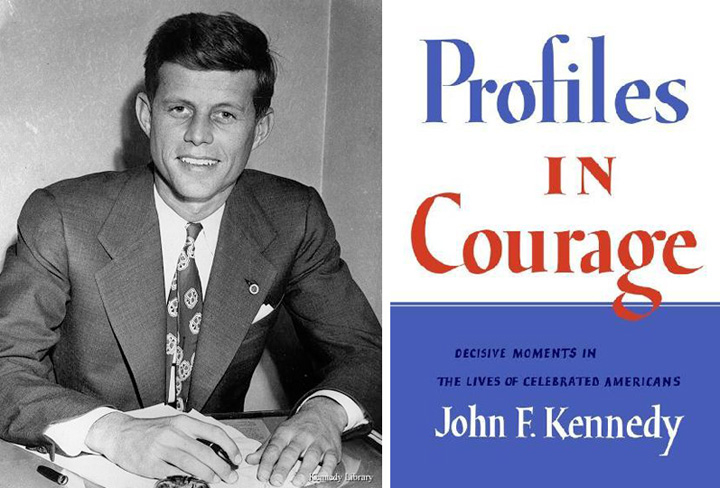
Photo: https://dailyjfk.com/ 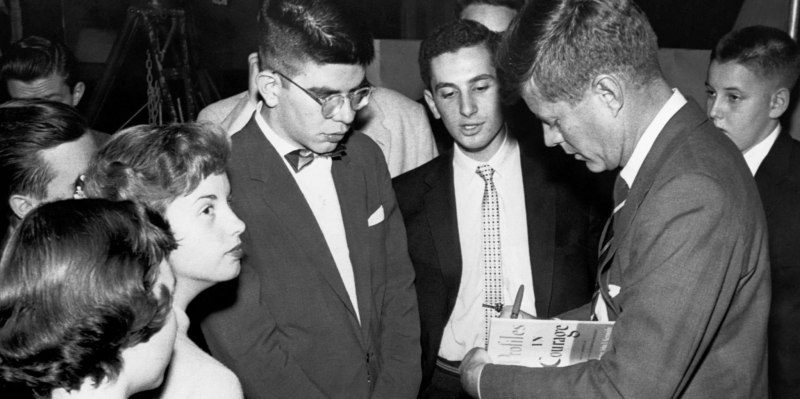
Photo: https://www.newyorker.com/ -
Presidents have recorded their private discussions in the White House before Richard Nixon. Kennedy built a covert recording device in the Oval Office and Cabinet Room in the summer of 1962. This system sent recordings to a reel-to-reel tape recorder in the White House basement. The device was probably installed by the president to help him write his memoir later on, and it recorded numerous historical conversations between Kennedy and his aides, including those that took place during the Cuban Missile Crisis.
During the final 16 months of his presidency, President John F. Kennedy reportedly filmed 600 of his White House meetings and phone calls in secret—apparently without the knowledge of those there. Kennedy taped certain meetings and phone calls while he was serving in the White House, but the amount of the recordings, the identities of the participants, and the topics covered have never been made public.
The recordings were produced between July 1962 and November 1963, the month Kennedy was slain, according to a 29-page log that The Washington Post obtained from the Kennedy Library in Boston. The recordings include numerous highly-classified National Security Council meetings on topics like the Cuban missile crisis, Berlin, and Vietnam, as well as high-level discussions of domestic controversies like the 1962 integration of the University of Mississippi. The recordings also contain a vast amount of previously unreleased information.
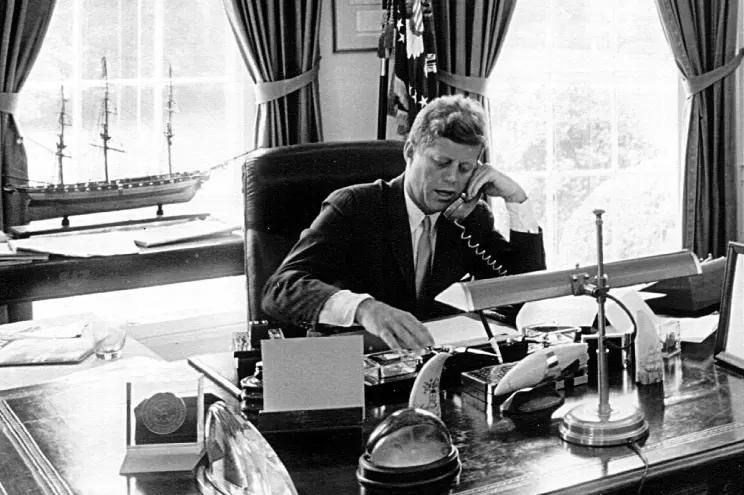
Photo: https://nypost.com/ 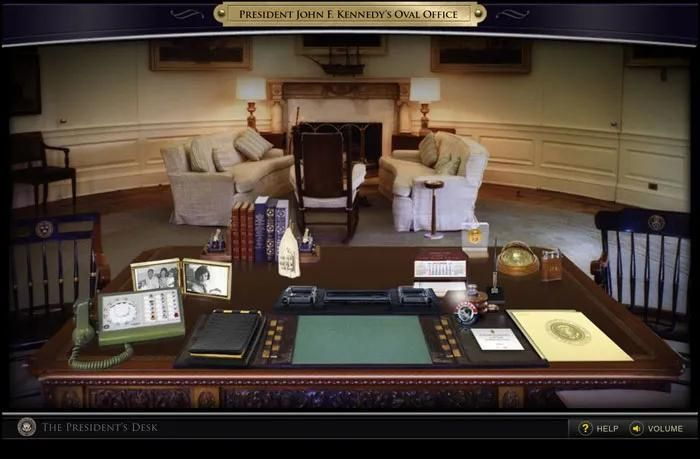
Photo: https://www.smileux.com/ -
Kennedy's father amassed a substantial fortune for the family. When the young politician entered Congress in 1947, the trusts his father had set up provided him with a sufficient annual income that he decided to donate his whole congressional salary to various organizations. After becoming the wealthiest person ever to take the oath of office, Kennedy subtly continued the practice as president.
Kennedy was the richest person in history when he assumed office. The Kennedy family fortune was estimated to be worth $1 billion, while JFK personally lived off a $10 million trust fund, according to author Richard Reeves. Despite being born into riches and privilege, Kennedy declined his presidential salary and chose to donate the funds to charity instead, which is one of the most interesting facts about John F. Kennedy. However, the amount shown in the image above isn't exactly correct.
According to Snopes, at the time, a publication claimed that "President Kennedy's whole salary is going to charity." The $94,583.32 that the President received in 1961 went to six charities. The Boy Scouts and Girl Scouts of America, the United Negro College Fund, and the Cuban Families Committee were among the organizations that benefited from his gifts, according to the Snopes article.
Kennedy also gave the total amount of money he made while serving in the House and Senate for 14 years. Throughout his political career, he may have donated up to $500,000 in total to charity.
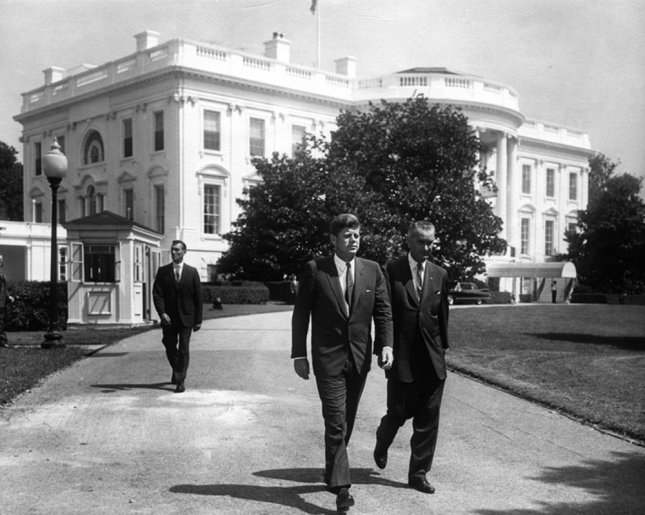
Photo: https://www.upi.com/ 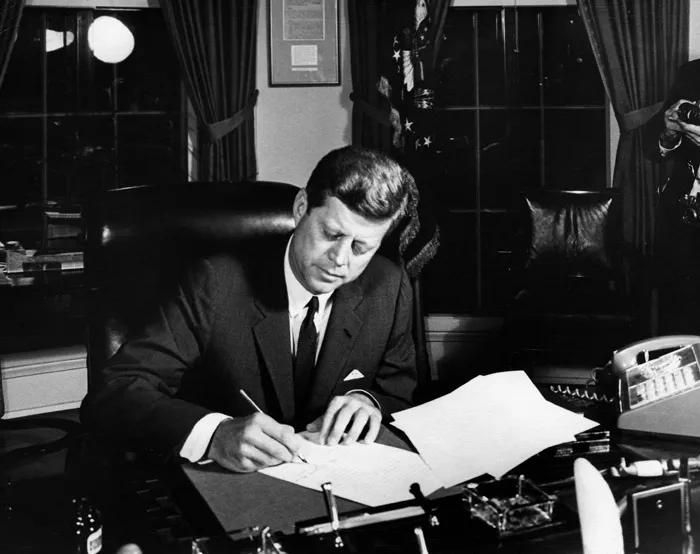
Photo: https://www.giveindia.org/ -
President John F. Kennedy suggests that the Soviet Union and the United States work together to launch an expedition to the moon. Both the Soviets and many Americans were taken off guard by the suggestion.
John F. Kennedy declared that he was determined to defeat the Soviet Union in the "space race" immediately after being elected president in 1961. Russian and American scientists have been competing to achieve the next advancement in space travel since the Soviet Union launched the tiny satellite Sputnik into orbit around the earth in 1957. During the Cold War, space became a new frontier. Kennedy raised the stakes in 1961 by promising that the US would send a man to the moon before the end of the decade.
Kennedy concluded his speech by saying: "There is potential for further cooperation, for greater collaborative endeavors, in a sphere where the United States and the Soviet Union have a distinctive capacity – space. A cooperative moon mission is one of these options, he continued.
The president questioned the need for parallel initiatives between the US and USSR that would involve "duplication of research, construction, and expense." He proposed a coordinated set of space missions, which, if carried out, "would demand a new strategy to the Cold War," according to him.
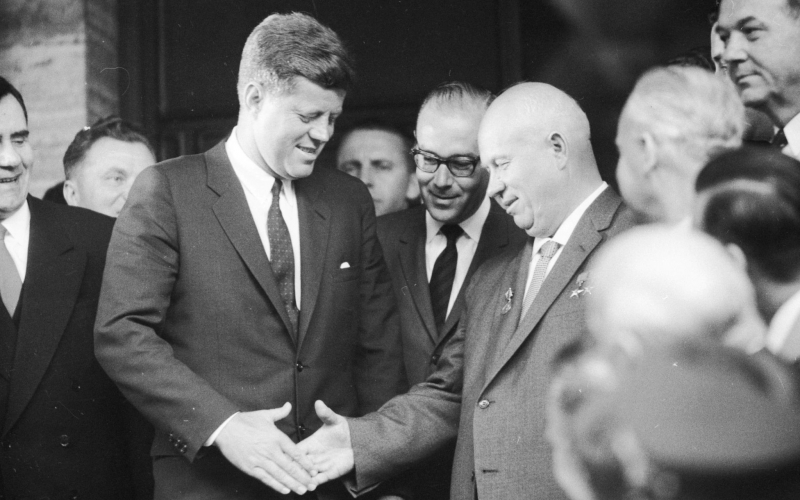
Photo: https://www.telegraph.co.uk/ 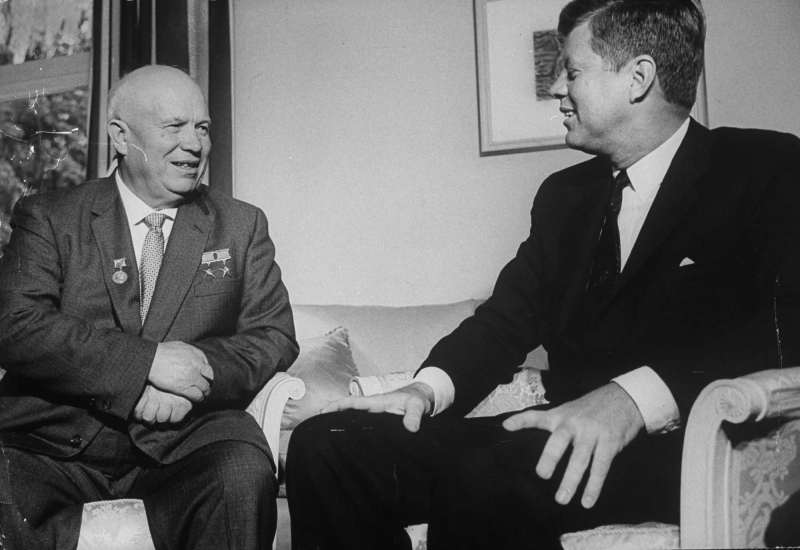
Photo: https://www.newyorker.com/ -
Theodore Roosevelt, who took office in 1901 at the age of 42 years, 10 months, and 18 days, was the youngest president in American history. Following President William McKinley's murder, Roosevelt was thrown into the presidency. Theodore Roosevelt only surpassed the constitutional requirement that the White House occupant be at least 35 years old by seven years when he assumed office. When Roosevelt allegedly told his wife, "My darling, I am no longer a political accident," he was reelected in 1904.
It is frequently stated mistakenly that John F. Kennedy was the youngest president. Kennedy does have the record for being the youngest president elected, though, as Roosevelt was sworn in following an assassination (not a vote). When Kennedy took the oath of office, he was 43 years, 7 months, and 22 days old. At 46 years old, Bill Clinton was the third-youngest president.
At the age of 29, Kennedy successfully ran for the House of Representatives in 1946. The family's political standard-bearer, his older brother, had been thought to be killed in fighting during World War II. Before becoming president, Kennedy was elected three times to the House and twice to the U.S. Senate, giving him more national political experience than our two most recent presidents. Kennedy was occasionally prevented from attending Congress due to health issues.
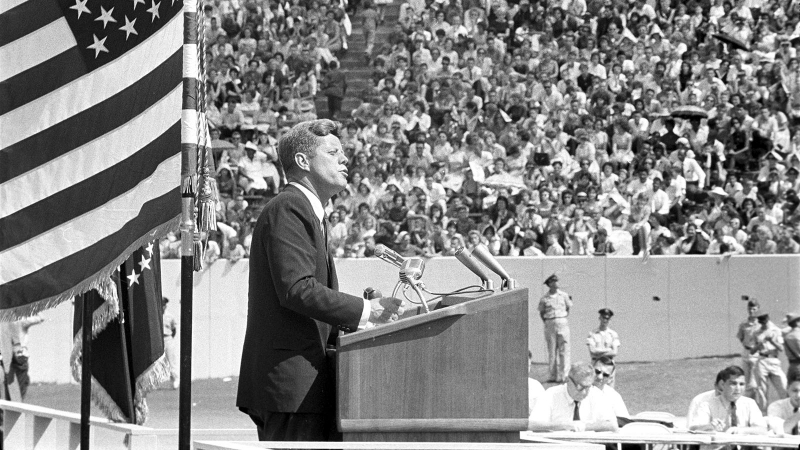
Photo: https://history.howstuffworks.com/ 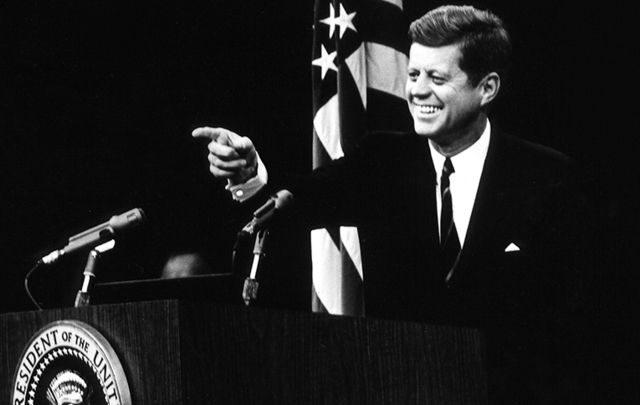
Photo: https://www.irishcentral.com/ -
Ironically, Kennedy's first application for military service was denied. In 1940, a severe back injury prevented him from enrolling in the Army's Officer Candidate School. Kennedy was able to enter politics despite having back issues because of his father's political connections as the American Ambassador to Great Britain and the assistance of his friend Captain Alan Kirk, the Director of Naval Intelligence. This story is considered one of the most interesting facts about John F. Kennedy. On October 26, 1941, he received his commission as an ensign and was given his job in the Office of Naval Intelligence in Washington, D.C.
JFK enlisted in the Navy during World War Two and was honored for his military service with the Purple Heart and Navy and Marine Corps Medal. Only he has received either of those distinctions as president of the United States. He received the latter for assisting in the crew's rescue when their ship, the PT-109, was sunk close to the Solomon Islands. On October 1st, 1944, JFK received an honorable release from the military. When asked how he got to be a war hero, JFK famously said, "It was involuntary." Kennedy's political supporters made a huge issue out of his military accolades. “They sunk my boat.”
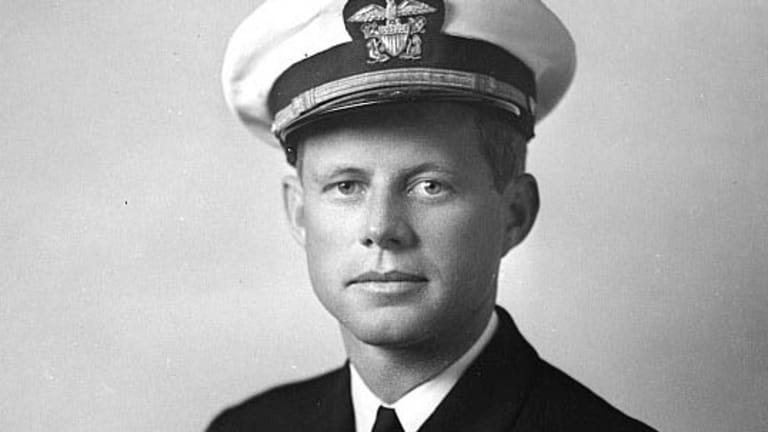
Photo: https://www.history.com/ 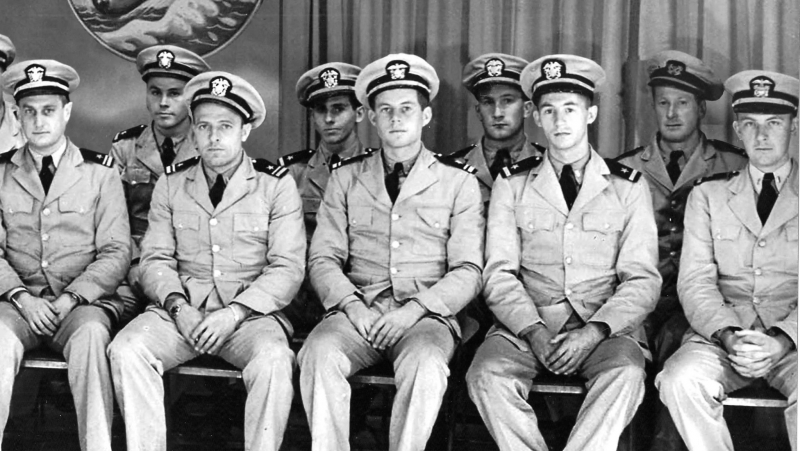
Photo: https://www.usatoday.com/ -
JFK's health problems were well-kept and a secret throughout his presidency, but they are now widely acknowledged. He was admitted to the hospital frequently as a child for treatment of ulcers, colitis, and other illnesses. Along with that, he lived with debilitating lower back discomfort (for which he had 4 unsuccessful surgeries).
Before becoming president, Kennedy was given last rites three times. Kennedy had bad health his whole life, and out of concern for his impending demise, the nation's first Catholic president underwent three times the sacramental last rites of the church. Kennedy contracted Addison's disease, a rare illness of the adrenal glands while visiting England in 1947 and was given only a year or two to live. Kennedy was so unwell upon his return to America onboard the Queen Mary that a priest was called to perform final rites. In 1951, while traveling in Asia and again in 1954, after slipping into a coma due to an illness following surgery to treat his persistent back issues, he received the sacrament.
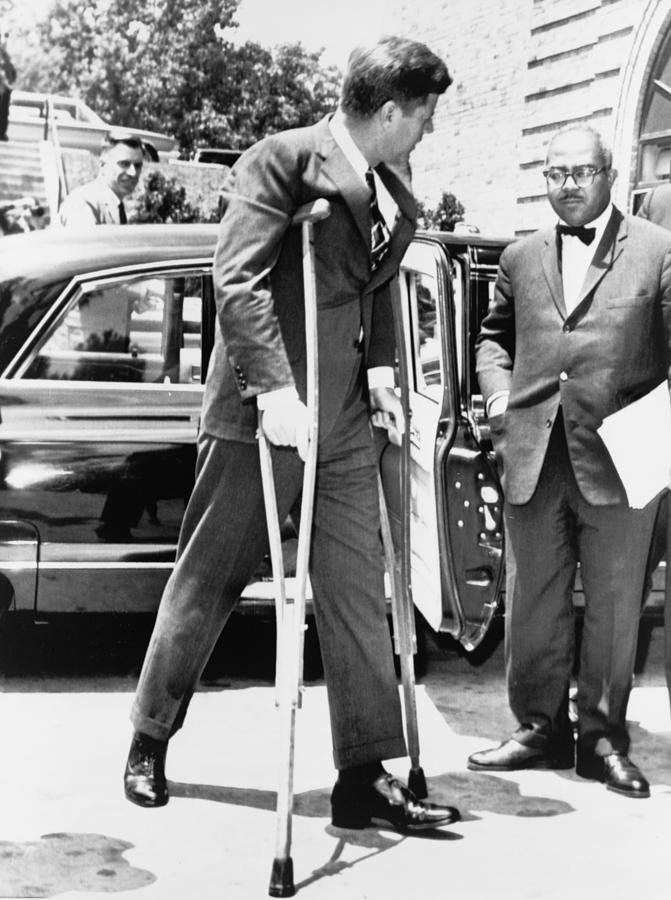
Photo: https://pixels.com/ 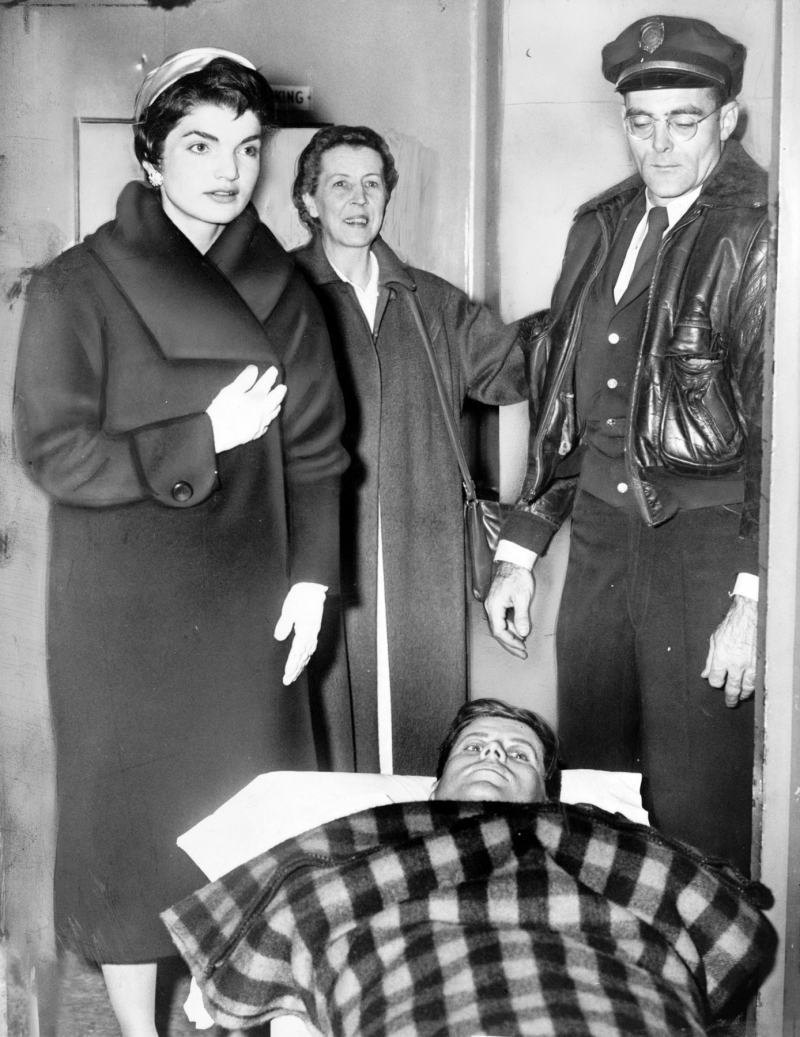
Photo: https://www.historycentral.com/













